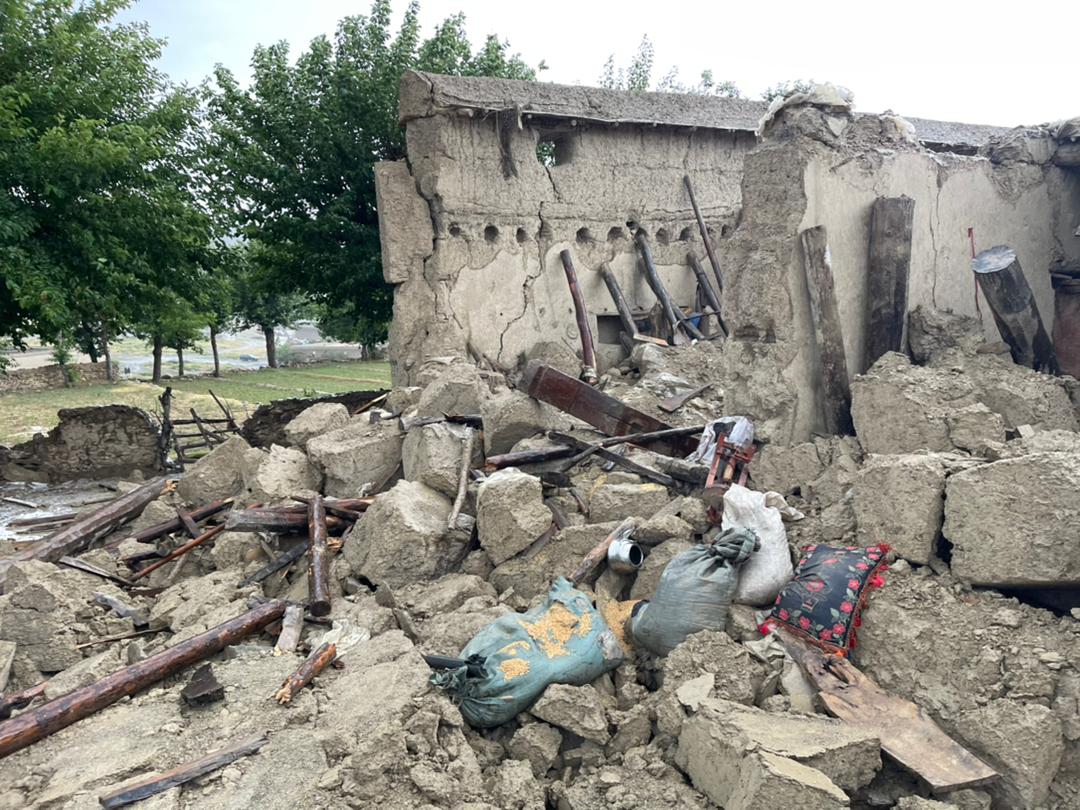Afghanistan’s earthquake: When a disaster meets a humanitarian crisis
12 p.m. ET / 11 a.m. CT

Afghanistan is facing one of the world’s worst humanitarian crises, especially since the withdrawal of U.S. and coalition forces in August 2021. Compounding severe food insecurity, multiple natural hazards and Taliban rule, a 5.9 M earthquake hit eastern Afghanistan on June 22. Killing at least 1,000 people, injuring more than 1,600 others, and destroying or damaging 2,000 homes, the earthquake is the most devastating in two decades.
It will take millions of dollars and years for Paktika province and other affected areas to recover. But this will not be a “typical” disaster recovery. The earthquake will be the Taliban authority’s first real test of governance in a crisis. Many nongovernmental agencies left when the Taliban took over, while others carefully negotiate response activities to support the affected population. Funding directly to them will be a critical way to move money into the country.
The Center for Disaster Philanthropy hosted a webinar to provide funders with information about the intersection of an environmental disaster amid a humanitarian crisis. Speakers discussed what long-term recovery looks like in the context of Afghanistan, how to navigate ongoing needs and immediate needs from the earthquake, and how funders can support recovery while respecting sanctions.
While aimed at funders, it may also be of interest to emergency managers, academics, disaster responders and NGO staff interested in or working on disasters and other crises.
CDP President and CEO Patty McIlreavy moderated the discussion and panelists included:
Panelists:
- Hsiao-Wei Lee, Deputy Country Director, Operations, World Food Programme (based in Kabul, Afghanistan)
- Federico Motka, Head of Emergencies and Humanitarian Portfolio, Vitol Foundation
- Haqmal Munib, Program Quality Coordinator, CARE
This webinar was co-sponsored by Giving Compass, Alliance Magazine, Council on Foundations, Network of Engaged International Donors (NEID Global), Human Rights Funders Network, United Philanthropy Forum and Charity Navigator.
Please see the slide deck, read the recap on Giving Compass and watch the webinar recording to learn more: